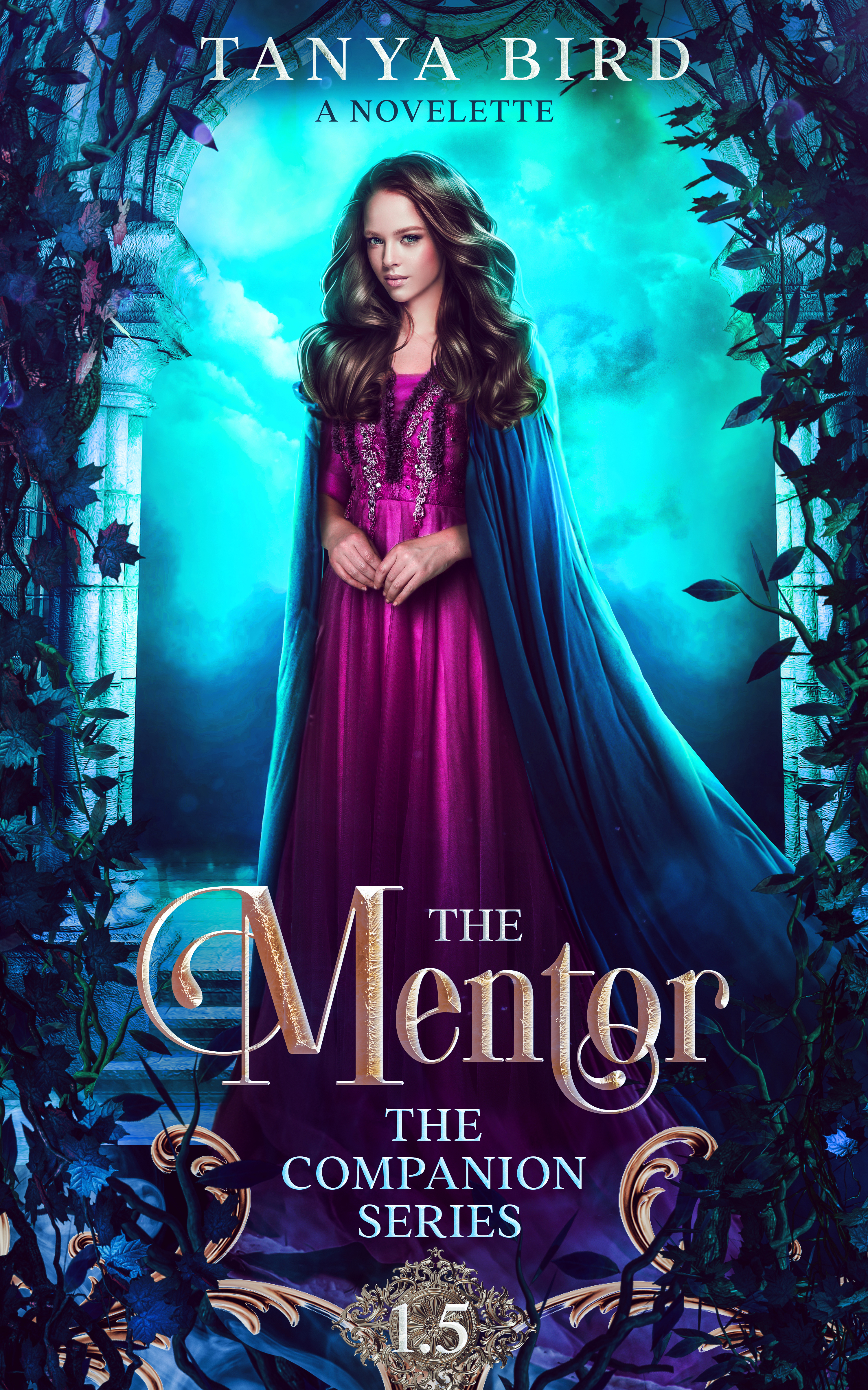
Want more?
Sign up to my newsletter for free books, updates, new release info and more:
I never spam and never pass on your email address. You can opt-out at any time. Read my privacy policy at: tanyabird.com/privacy-policy/

Sign up to my newsletter for free books, updates, new release info and more:
I never spam and never pass on your email address. You can opt-out at any time. Read my privacy policy at: tanyabird.com/privacy-policy/
They tell me I’m displaying neurotic behaviours. Intense boredom, frustration. They make me do strange things. Stop, they say. Lie down. But I’ve seen the sores born of defeat. I stand, chewing at the air and the bars that confine me. Stop, they say. Tell us the story.
This is the story I tell them.
My grandmother was born on a farm in Gippsland. Not a farm like this, one with a dirt floor and no roof. Vibrant, grassy lawns. Water troughs so clear that you could see your reflection in them. She spent her days sprawled in sun-kissed paddocks beneath painted skies. When the heat became too much, she would cool off in the wallowing pit then forage for food beneath tall shady gums. In the evenings, when the farm stilled and the air cooled, she would huddle with her sisters in a nest made of straw.
This is the story I tell them.
In winter, my grandmother writhed beneath a noisy tin roof, where the straw was thick and warm beneath her labouring body. My mother arrived in the dead of night, amid pounding rain and crackling black skies. Eleven in total, all fighting for warmth and nourishment, determined to survive. In the morning, heavy frost and eerie light stained the land. My mother lay content in a cocoon of siblings, gazing through the gaps in the wooden fence. As the shadows lifted, a new world was revealed. But this world was not hers.
This is the story I tell them.
I came into the world thrashing, terrified. My mother wanted to turn and comfort me, but the metal bars held her in place. She tried to calm us with stories of vivid skies, green pastures and clean air. It was the only form of comfort she could offer from her soiled prison. There were nine of us, trying to stand on icy slats, squealing and shivering. Then there were seven, the dead decomposing at our feet. We took what warmth we could from our mother as we absorbed the horrors around us. Crates as far as we could see. Stagnant with infection, pain and grief. I turned away from the suffering and listened to my mother’s story, a story that would die with the lucky ones in slaughterhouses, and remain with the unlucky ones who lived to tell it to their young.
This is the story I tell them.
Our stories are all that we have. We tell them to our young before they are taken from us—too soon. We tell them to ourselves when the men arrive to cut off the tails of our young. No anaesthetic, violent shrills piercing the dank air. I tell the story of a place with painted skies and sun-kissed paddocks, a place where we can touch, play and build nests for our young. This is our story.
This is the story I tell them.
I found your website through Nick Stephenson’s list of people using his new AuthorCats website. I have been building my own website on WIX. I was interested in what other authors websites looked like. Since he provided a list of people, I thought I would take a look. I have been to numerous farms studying farming practices and runoff from animal operations. I have also been in slaughter houses. I have seen some of the terrible ways some animals live and die. The operations vary greatly in their level of care and living conditions. The better, more humane ones treat the animals better. They are the ones who invited regulatory agencies in. Your poem is very touching. Thank you for writing it. It is also well written.
Thank you Lynne — much appreciated. It’s an issue close to my heart and I’m glad you enjoyed reading it. I think a lot of people are waking up to how their food is produced, but change is a painfully slow process.